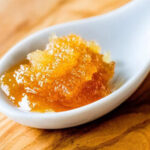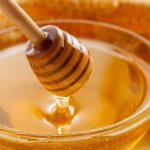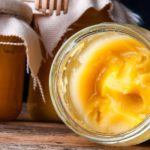1 Honey Storage Environment
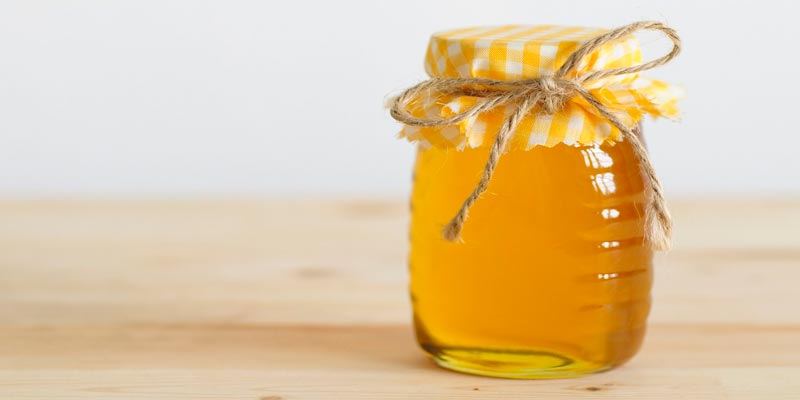
Due to the high content of soluble sugars in honey and its hygroscopic and odor-absorbing properties, it is important to store honey in a dry and odor-free environment. Additionally, avoid exposure to air and keep it away from strong-smelling substances such as gasoline, oil, garlic, and onions.
Keep honey away from gas stoves, microwaves, and extreme temperatures. The ideal storage temperature range is between 66°F and 78.8°F (21°C to 26°C), but it should not exceed 96.8°F (36°C) or fall below 62.6°F (17°C).
2 Honey Containers
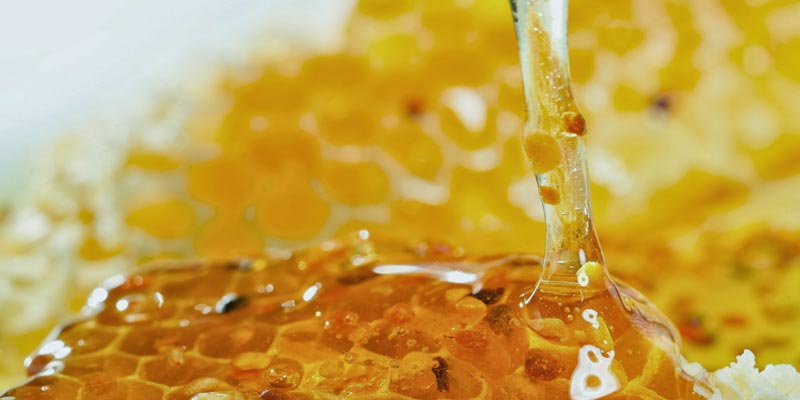
Using metallic containers for honey storage is not recommended as the organic acids and enzymes present in honey can react with the metal, causing corrosion and increasing the metal content in the honey, which can be harmful to consumers.
3 Crystallization
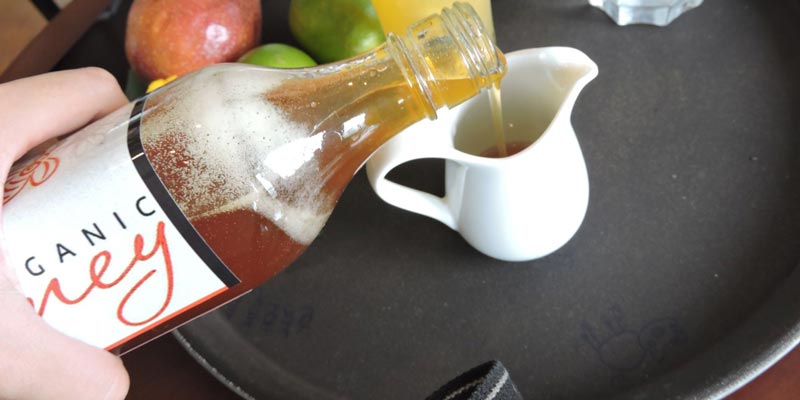
Crystallization is a natural and common occurrence in honey due to the ratio of glucose to fructose being greater than 1. The extent of crystallization depends on the type of honey and the source of nectar collected by the bees. For example, honey derived from rubber, grass, mint, and bird’s foot trefoil tend to crystallize, while honey from lychee, fig, acacia, and apple sources exhibit less or no crystallization.
The presence of floating white particles in honey is not an indication of adulteration with sugar syrup but rather a sign of natural crystallization, which confirms the purity of the honey.
Note: Honey has fermentative properties, and if the water content exceeds 21%, it can lead to the production of CO2, causing the honey to sour and deteriorate in quality.
Honey has a finite shelf life, just like any other food product. If you notice any changes in appearance, taste, or smell, it is best to discard the honey to prevent any potential health risks.
Source: khoahocphattrien.vn
Honey Ever Go Bad?’>Does Honey Ever Go Bad?
The Secret Ingredient: Cooking with Honey
Introducing a delightful twist to your culinary creations – it’s time to swap out the sugar for honey! Imagine taking your favorite recipes and elevating them to a whole new level of deliciousness. Honey offers a unique, natural sweetness that can transform the ordinary into something extraordinary. But, there’s a catch! To master this art, you need to be aware of a few tricks to avoid overly sweet, soggy, or burnt dishes. It’s a fine balance, but with these tips, you’ll be well on your way to becoming a honey-in-the-kitchen connoisseur.
“The Sweet Benefits of Honey in Cooking”
Honey is a beloved ingredient used by home cooks as a substitute for sugar, adding a tantalizing twist to recipes. But, there’s more to honey than meets the eye. With our expert tips, you can master the art of using honey in your cooking, from marinating meats to baking delectable treats, ensuring your dishes always shine with mouthwatering flavors.
Should You Refrigerate Honey?
Honey is a precious and versatile ingredient, with many wondering if it should be stored in the refrigerator. With its multitude of uses and benefits, it’s important to know how to properly store this liquid gold. Uncover the secrets to honey’s longevity and explore the fascinating world of this sweet treat as we delve into the do’s and don’ts of honey storage.
























